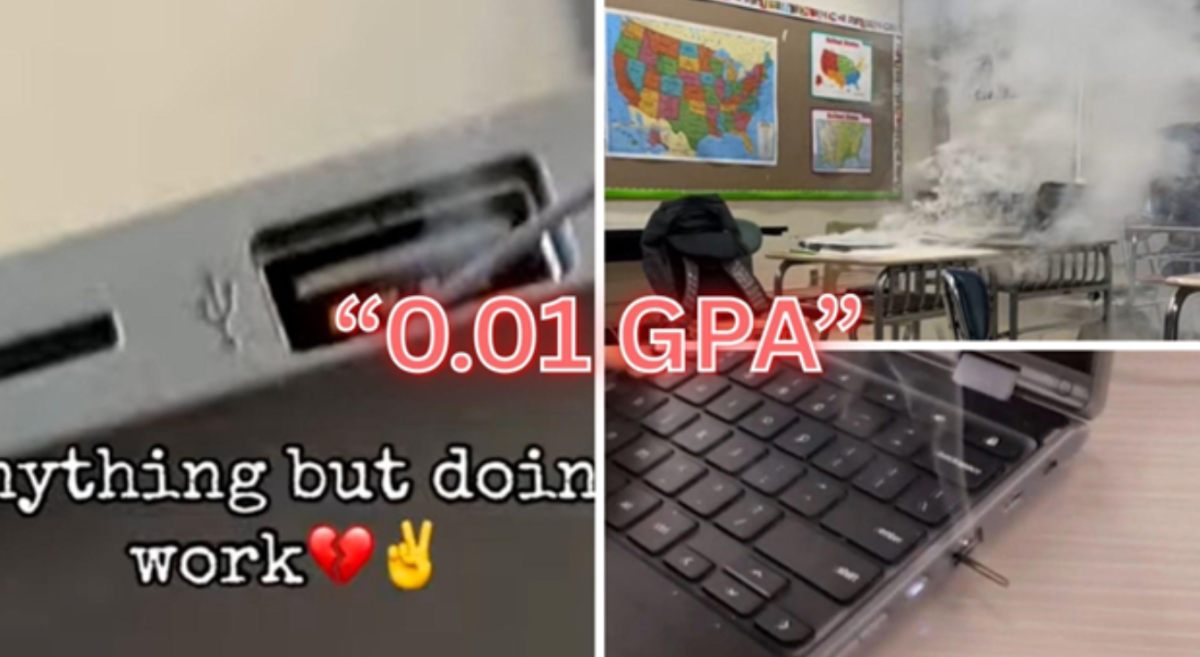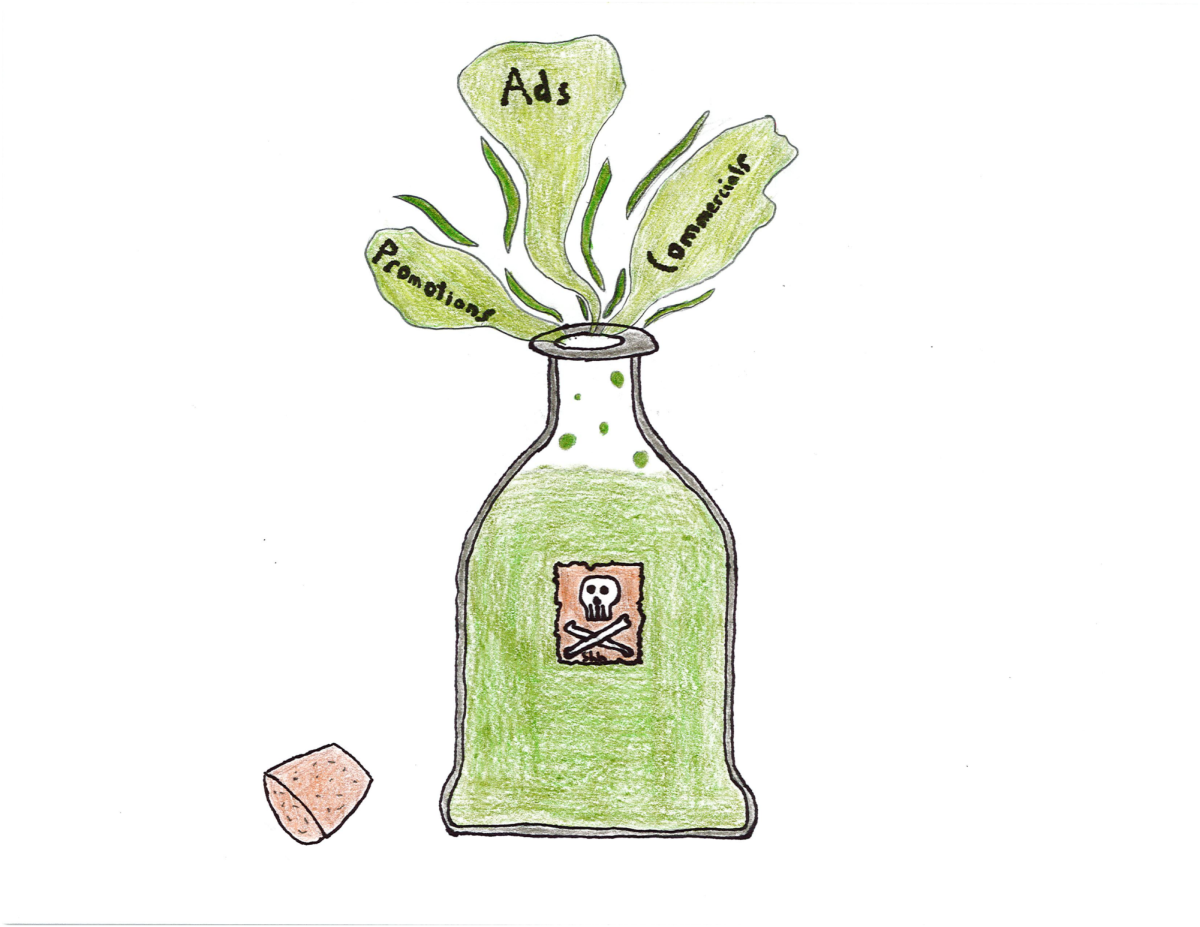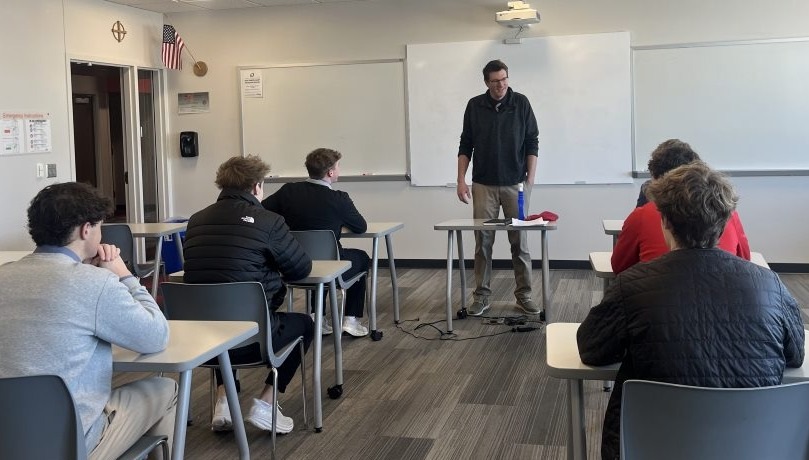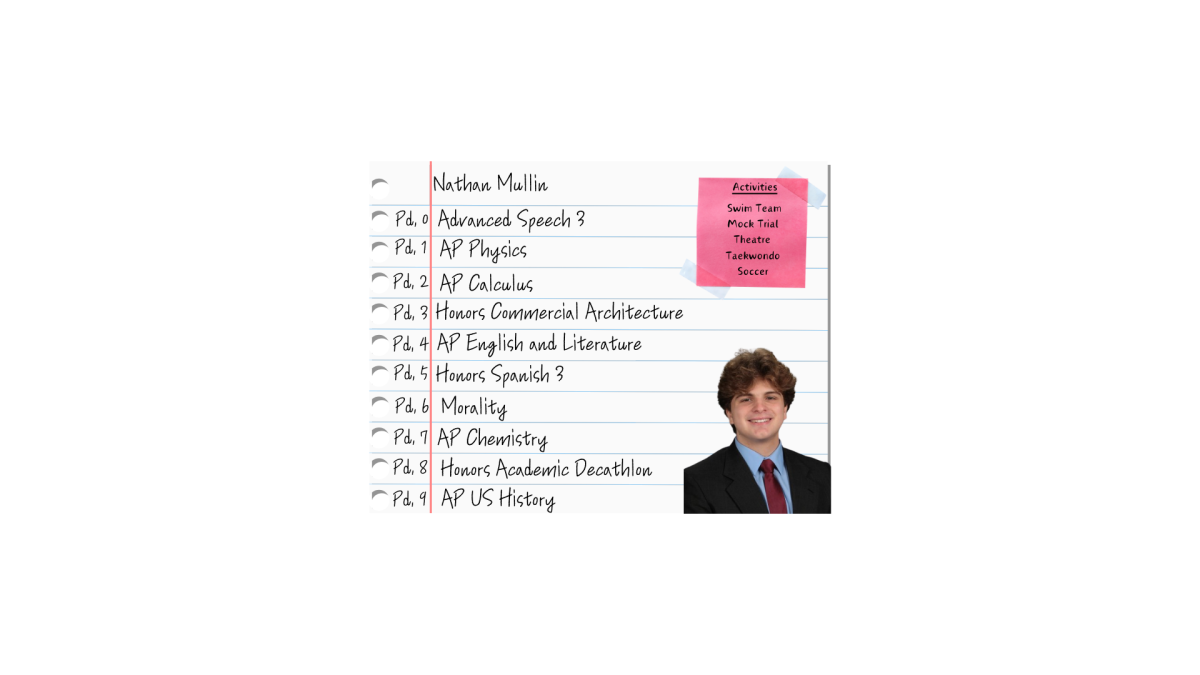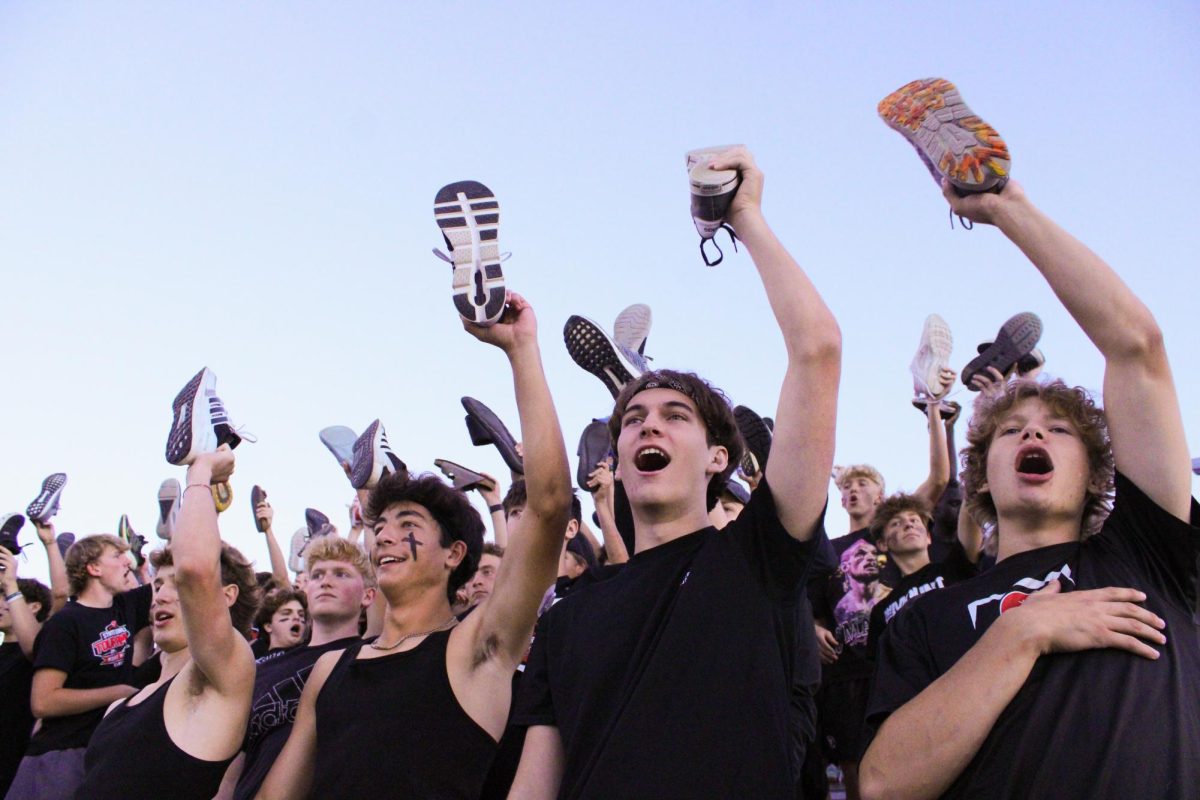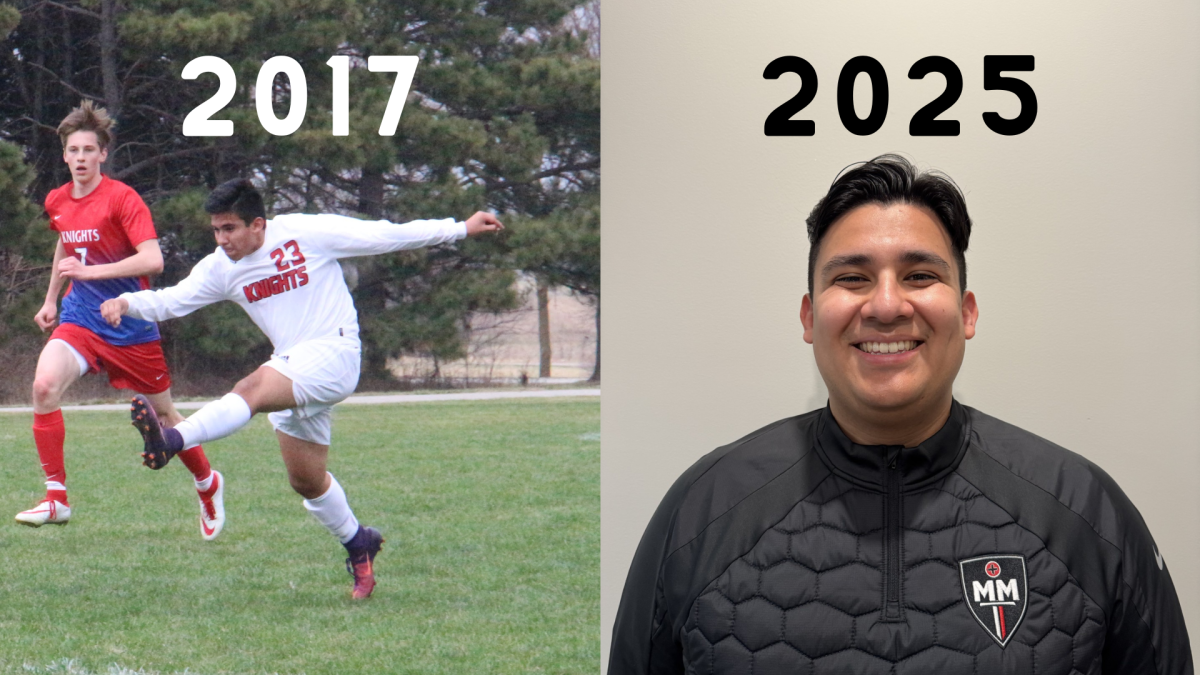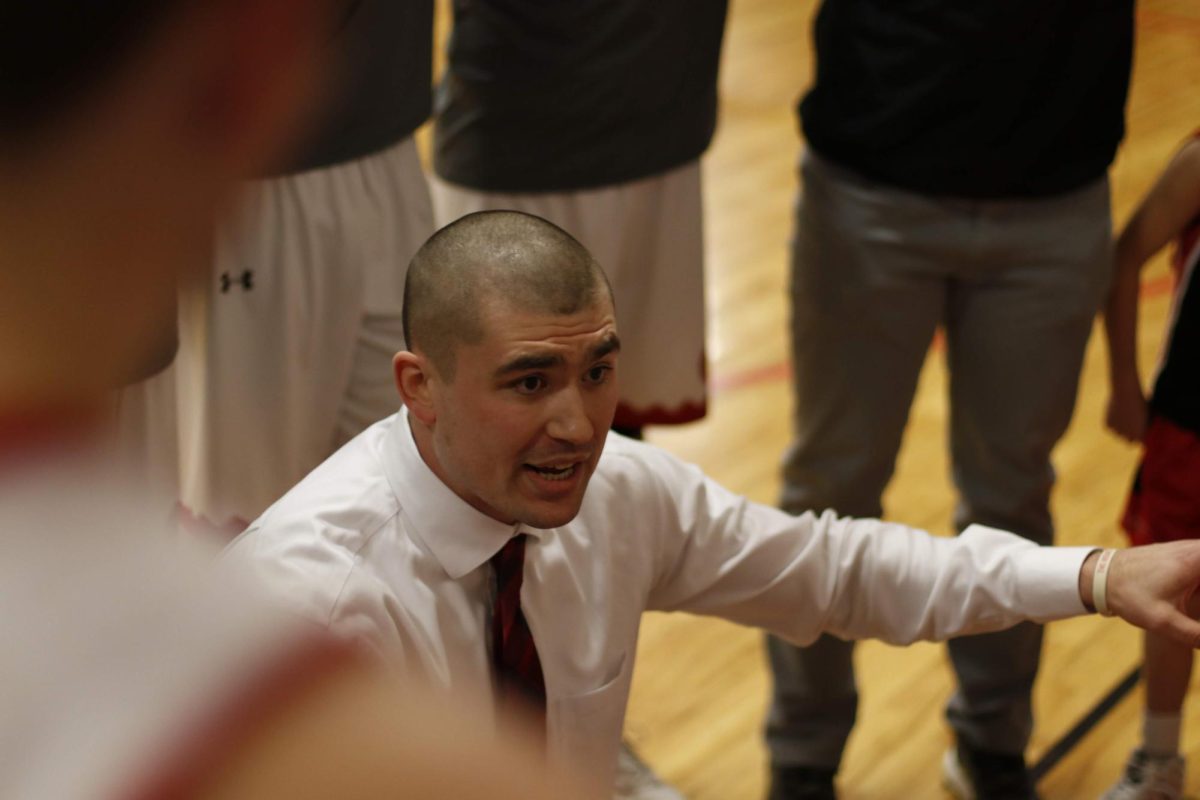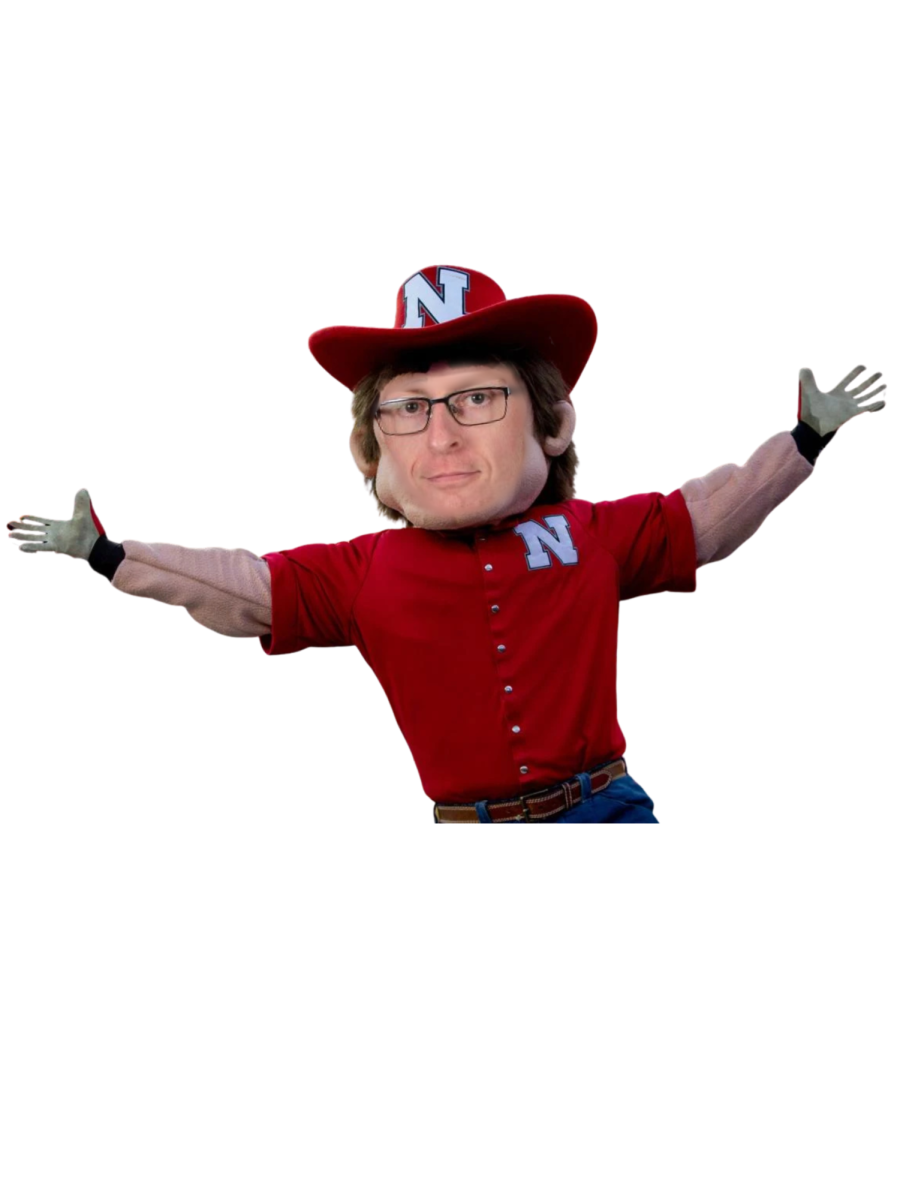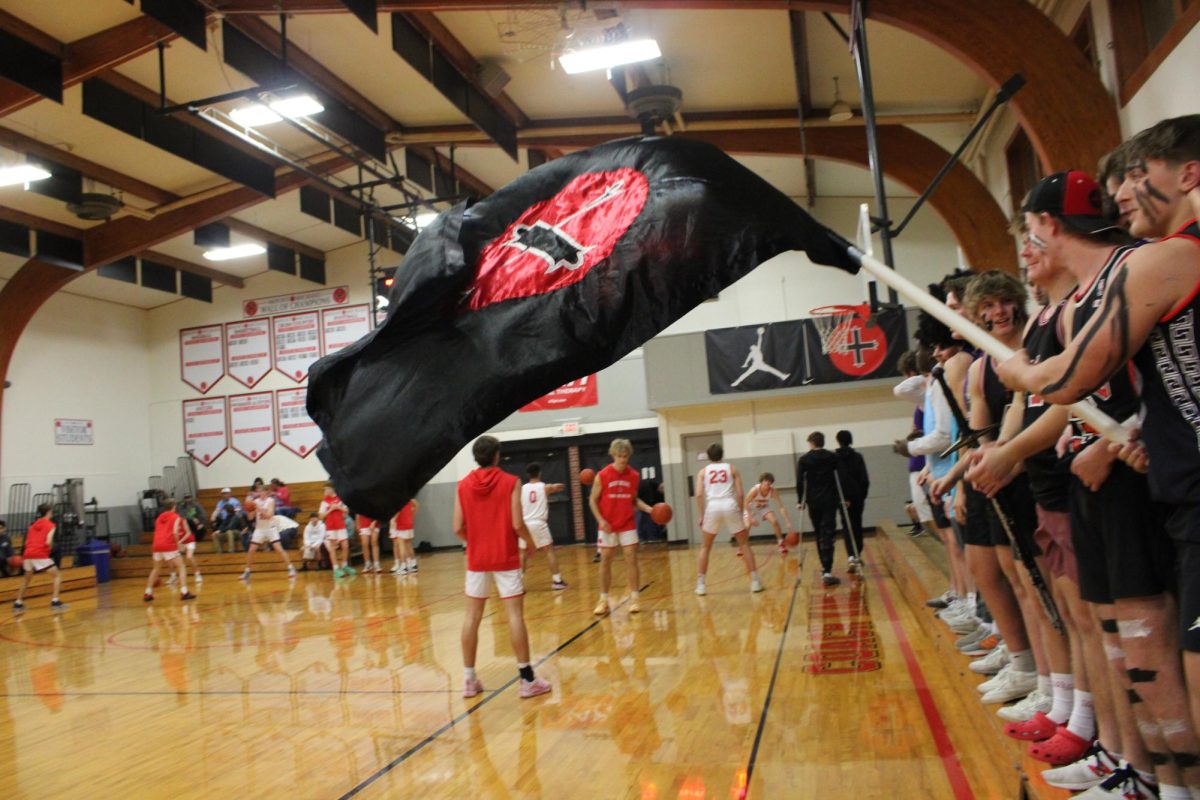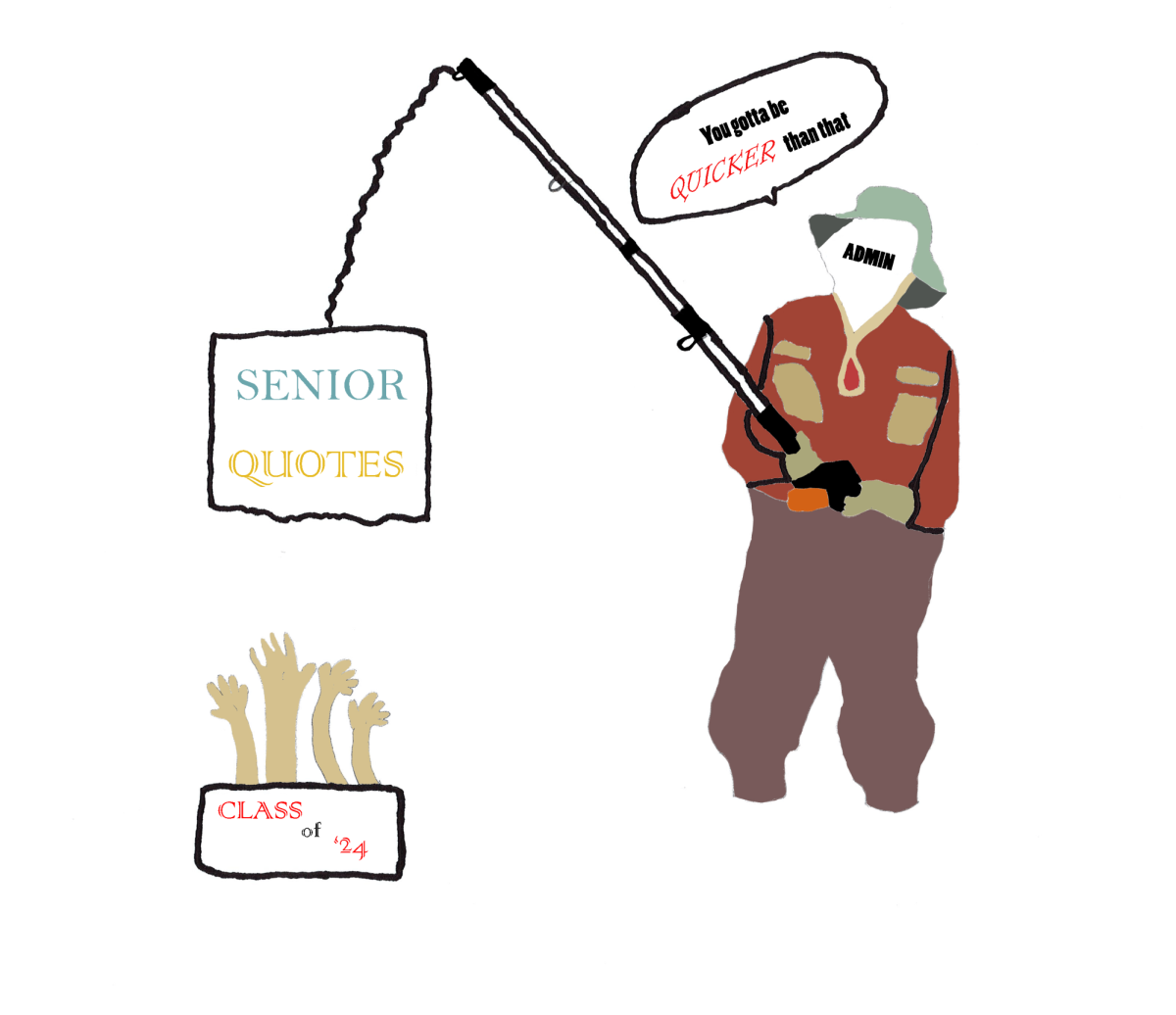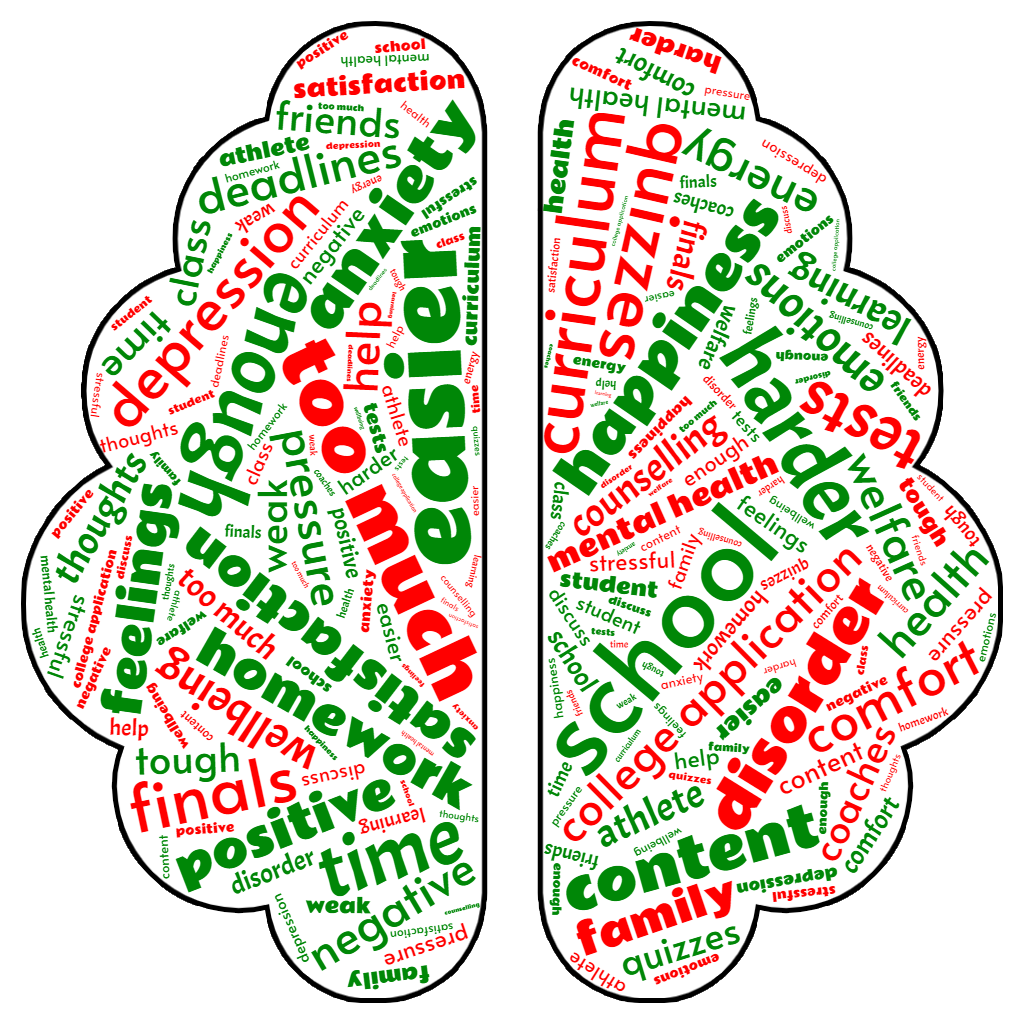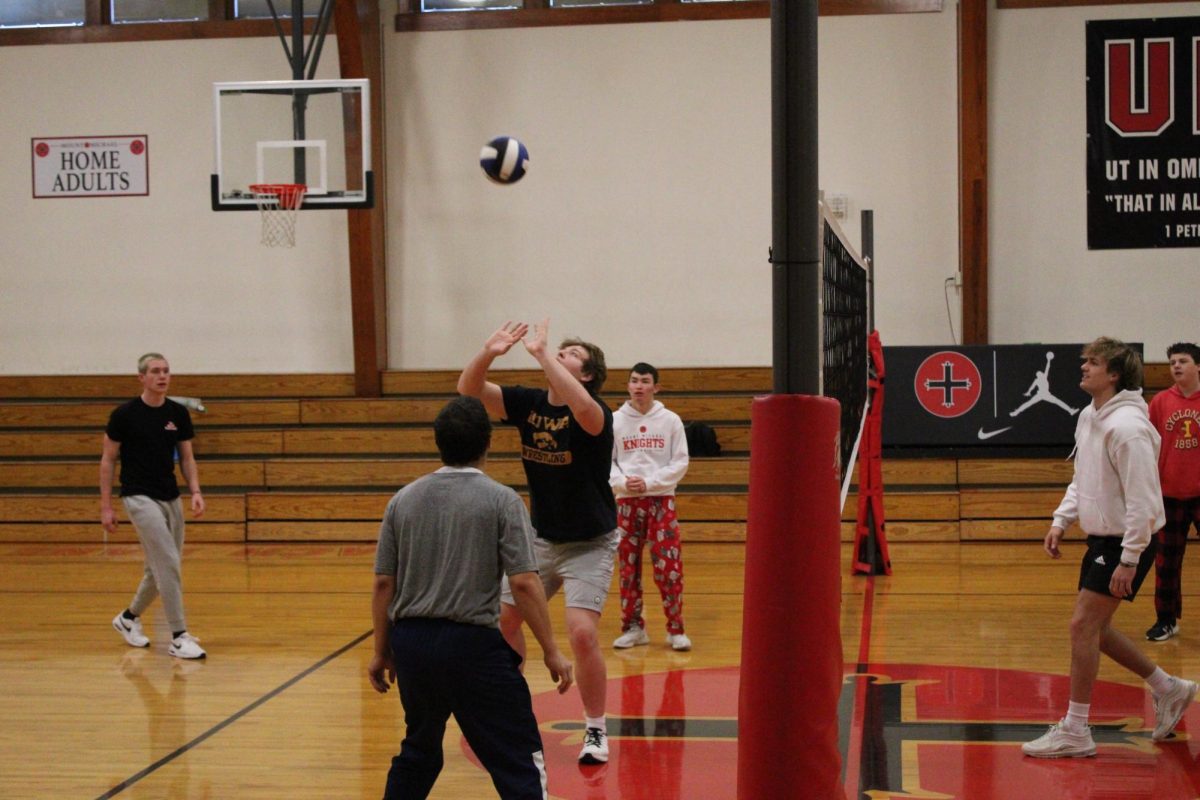Since the beginning of the 21st century, mental health awareness has taken off, landing itself in the national spotlight. Promoting public discourse has become commonplace, including celebrities and athletes sharing their struggles. Schools, however, have been the main area of emphasis.
Lining most school hallways and donning the walls of classrooms are posters that remind students how to stay positive and keep a happy mindset. Mount Michael, in this way, is no different. From the counseling center to each individual classroom, mental health reminders are posted on many walls. On the outside, it may seem like Mount Michael’s students have an ordinary life, but this is far from the truth.
As an all-boys, boarding, college-prep school, Mount Michael is known for its academic excellence and athletic success. This reputation, while positive, puts an added level of stress on its students to succeed. With challenging classes beginning freshman year, many take on a time-consuming course load they are not used to. Newcomers especially feel it is difficult to keep up with Mount Michael’s workload. Eighty-three percent of freshmen believe getting adjusted to additional homework from harder classes adds the most strain to their mental health, per an anonymous survey. With the adjustment to new and more challenging classes, students’ GPAs often dip as a result. Many times, students feel like they have not lived up to standards set by themselves or their parents as a result.
Max Teetor ‘27 believes, “The pressure I have for myself is sometimes hard just because it’s more difficult than middle school.”
Pressure in the classroom isn’t the only area students struggle in. Balancing a rigorous academic schedule with demanding athletics is a circus act for many at Mount Michael. With an average of 2.5 hours of homework a night per an anonymous survey coupled with after-school practices ranging from 2-3 hours, finding time for any relaxation or break is challenging.
For Michael Rodgers ‘25, “It’s hard to balance running and school sometimes. Trying to be good at both puts a lot of pressure on people.” Time away from school and sports is crucial to recoup from a long day and get ready for the next. Without ample time to recover, mental fatigue leaves many students even more tired and stressed than the day before.
With little downtime, it is crucial for students to utilize the sparse free time they get in school wisely. “I use my study halls to the max,” Teetor said. “Most of the time I try to get ahead on math homework or when I know I have something later in the day I try to get it done earlier.”
Oftentimes for teens, school is only a fraction of the mental battle. Students may deal with family or relationship issues, leading to mental struggles unknown to even their closest friends.
According to the Anxiety and Depression Association of America, one out of ten men experience some form of anxiety or depression but less than half seek treatment. The Center for Disease Control (CDC) also found in a 2021 report that roughly a quarter of women will seek treatment compared to only 14% of men. Men are far less likely to share mental struggles, leading to most enduring challenges alone.
Men often also go undiagnosed because they are scared to share their struggles in fear of judgment. In large part, this is due to society’s stigma. Men are expected to be a constant source of strength and a display of masculinity. When they are not, it can lead to criticism.
“Sometimes we don’t want to share as much as girls. I think it’s because men don’t want to look weak,” answered Gianni Anzalone ‘24.
By sharing mental health concerns, men are not conforming to society’s judgmental standards. At Mount Michael, a school composed of entirely young men, this problem is a harsh reality. Nearly 85% of students per an anonymous survey believe there is a stigma towards men sharing their feelings.
Because most men feel ashamed of themselves for speaking up, getting help is often the hardest part of the battle. Schools, however, have made an attempt at changing the narrative behind sharing personal struggles.
Since the beginning of the 21st century, improving school care for mental health has been a major point of emphasis. To satisfy demands, counseling-related careers and resources in schools have grown considerably in the past decade. The American School Counselor Association (ASCA) reported in a 2013-2014 survey that the average student-to-counselor ratio was 490-to-1. Recently, a 2021-2022 survey found the ratio to be 408-to-1. Although it does not meet the 250-to-1 ratio that the ASCA recommends, schools are slowly trending to prioritize mental health concerns.
At Mount Michael, counselors Kim Schumacher and Christy Crnkovich are working toward a similar goal. The three “realms” of counseling according to Schumacher, “academia, social/emotional and college planning,” have been the cornerstone for major changes in the last couple of years. Freshman Seminar has been added to the curriculum as a time for students to bond and adjust to a completely new way of life. This allows students to get to know their peers and develop academic and social skills. For upperclassmen, more emphasis is put on college planning to alleviate confusion in a long and stressful process. While these additions to the counseling department may not directly deal with personal mental struggles, they help to lessen the overall stress and anxiety of students.
In addition to recent counseling additions, they are also available to talk to any student who needs it.
“That’s what we’re for. I don’t think a lot of people really take advantage of what we can do,” said Schumacher. School counselors are frequently underutilized despite their training and experience. This is most often because teens mistakenly believe counselors can share the information they hear. “The plan for where to go next (after sharing) is 100% up to the students,” Schumacher said. They are not allowed to share a student’s words unless there is a threat of harm to themselves or others. Counselors are purely there to talk through students’ challenges and help the best they can. To Schumacher, “It would be awesome if kids just came in and talked.”
Despite the harsh reality of individual mental struggles, no one is in it all alone. When dealing with a mental battle the worst thing anyone can do is fight it without help. Mental health truly is a battle—a battle worth fighting together for.



